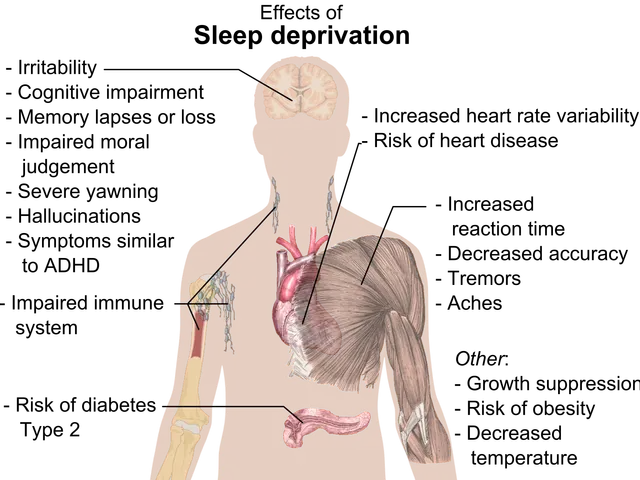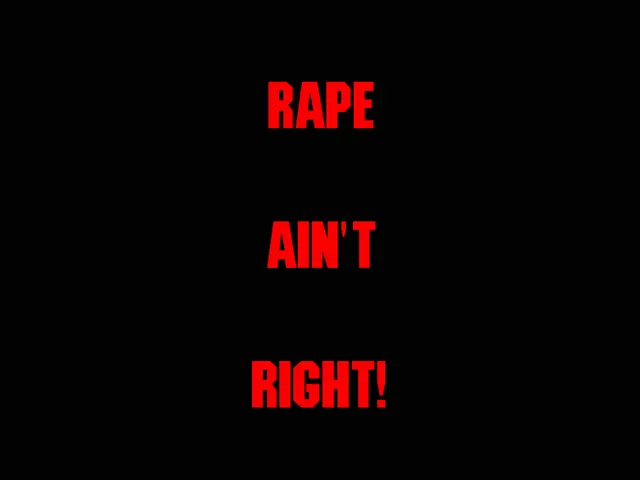Gun Owner With Prior Arrests and Psychiatric Holds Carries Out Manhattan Shooting; Question Arises on Weapons Access
In the aftermath of a tragic shooting in a Midtown Manhattan office building, the spotlight has once again fallen on gun control laws. The gunman, Shane Devon Tamura, who killed four people and injured another before dying by suicide, had a license to carry a concealed weapon in his home state of Nevada.
Nevada, in an effort to ensure the safety of its citizens, requires all private firearm sales to be conducted through a licensed dealer who performs a background check, per a 2020 state law. This means that if two private parties want to transfer a firearm, the transaction must go through a federally licensed firearms dealer (FFL) who will conduct the background check before completing the sale.
Under federal law, background checks are required for sales conducted by licensed dealers, but not for all private sales. However, states like Nevada have stepped in to fill this gap, mandating that private sales comply with the background check requirement by involving an FFL as an intermediary.
The AR-15 style weapon used in the shooting was legally purchased last year by the gunman's supervisor. While the supervisor had no knowledge of any possible disqualifiers in Tamura's history, if the private sale between them abided by the law, the seller is unlikely to face prosecution.
New York Governor Kathy Hochul has called for a national assault weapon ban and a national awakening on the issue, stating that it shouldn't just happen in the wake of a tragedy like this. She has accused GOP counterparts of being "intimidated by the gun lobby."
However, the issue of mental health records and their accessibility for firearm background checks remains a contentious one. Most mental health data isn't accessible for firearm background checks due to concerns over privacy issues and stigmatizing people who have mental health issues. There's a concerted effort by veterans' groups and advocacy organizations like the American Civil Liberties Union to fight against the sharing of mental health records with the National Crime Information Center and local law enforcement.
In cases where a person was declared incompetent by a court, faced a restraining order, involuntarily committed or deemed a danger to themselves or others due to a mental illness, the federal government restricts firearm ownership, and states largely follow federal law with some variations.
It's important to note that simply being mentally ill doesn't mean a person is mentally incompetent, nor does it mean they're a danger. In fact, a note found in Tamura's pocket claimed he had CTE, a disease linked to head trauma, not mental illness.
In conclusion, while Nevada and other states have made strides in implementing background checks for private firearm sales, the issue of gun control remains complex and contentious. The tragic incident in Manhattan serves as a reminder of the need for ongoing dialogue and action to ensure the safety of all citizens.
- Us citizens in various states, such as Nevada, are required to follow background check procedures when conducting private firearm sales through a licensed dealer, as a result of efforts to enhance health-and-wellness and mental-health safety.
- In the midst of the discussion around gun control laws, politics has been heavily involved, with figures like New York Governor Kathy Hochul pushing for a national assault weapon ban and criticizing GOP counterparts for alleged intimidation from the gun lobby.
- Despite the presence of measures relating to background checks for firearm sales, the accessibility of mental health records remains a debated topic in the health-and-wellness and crime-and-justice arenas, as concerns over privacy issues and stigmatization persist.





